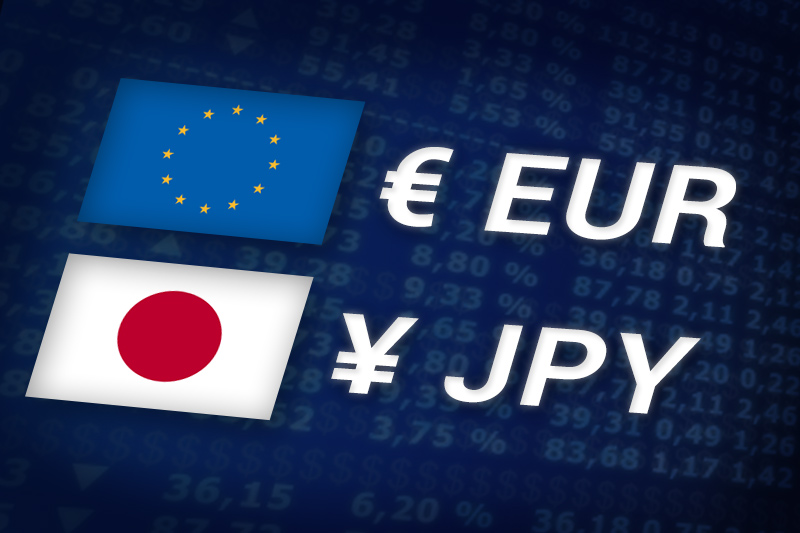Investing.com - The euro fell against the yen on Monday after French President Nicolas Sarkozy trailed Socialist challenger François Hollande in Sunday's elections, leaving both candidates headed to a runoff in May.
Surprising voter support for far-right candidate Marine Le Pen also pushed the euro down, catching markets off guard and stoking fears patience with austerity measures and economic uncertainty may be wearing thin.
In Asian trading on Monday, EUR/JPY hit 107.29, down 0.45%, up from a low of 107.27 and off a high of 107.81.
The pair sought to test support at 104.63, the low of April 16, and resistance at 108.00, the high of April 20.
G20 countries agreed to extend USD430 billion in fresh funding to the International Monetary Fund to help the multilateral lending institution contain the eurozone debt crisis and cushion the rest of the world from it, which provided broad support to currencies worldwide Monday.
Yet uncertainty in France sent investors snapping up safe-haven positions.
Hollande has called less for austerity measures and more for tax hikes.
Meanwhile, right-wing candidate Marine Le Pen garnered roughly 20 percent of the votes, well above expectations and catching markets off guard.
The yen, meanwhile, gained against the euro and other major currencies, erasing recent losses stemming from anticipation the Bank of Japan will continue to take steps to weaken the currency.
The euro, meanwhile, was down against the pound and down slightly against the Canadian dollar, with EUR/GBP down 0.18% at 0.8183 and EUR/CAD down 0.01% and trading at 1.3116.
Later Monday, the eurozone will release preliminary reports on manufacturing and services purchasing managers’ indices in France, Germany and for the single currency bloc.
Surprising voter support for far-right candidate Marine Le Pen also pushed the euro down, catching markets off guard and stoking fears patience with austerity measures and economic uncertainty may be wearing thin.
In Asian trading on Monday, EUR/JPY hit 107.29, down 0.45%, up from a low of 107.27 and off a high of 107.81.
The pair sought to test support at 104.63, the low of April 16, and resistance at 108.00, the high of April 20.
G20 countries agreed to extend USD430 billion in fresh funding to the International Monetary Fund to help the multilateral lending institution contain the eurozone debt crisis and cushion the rest of the world from it, which provided broad support to currencies worldwide Monday.
Yet uncertainty in France sent investors snapping up safe-haven positions.
Hollande has called less for austerity measures and more for tax hikes.
Meanwhile, right-wing candidate Marine Le Pen garnered roughly 20 percent of the votes, well above expectations and catching markets off guard.
The yen, meanwhile, gained against the euro and other major currencies, erasing recent losses stemming from anticipation the Bank of Japan will continue to take steps to weaken the currency.
The euro, meanwhile, was down against the pound and down slightly against the Canadian dollar, with EUR/GBP down 0.18% at 0.8183 and EUR/CAD down 0.01% and trading at 1.3116.
Later Monday, the eurozone will release preliminary reports on manufacturing and services purchasing managers’ indices in France, Germany and for the single currency bloc.
